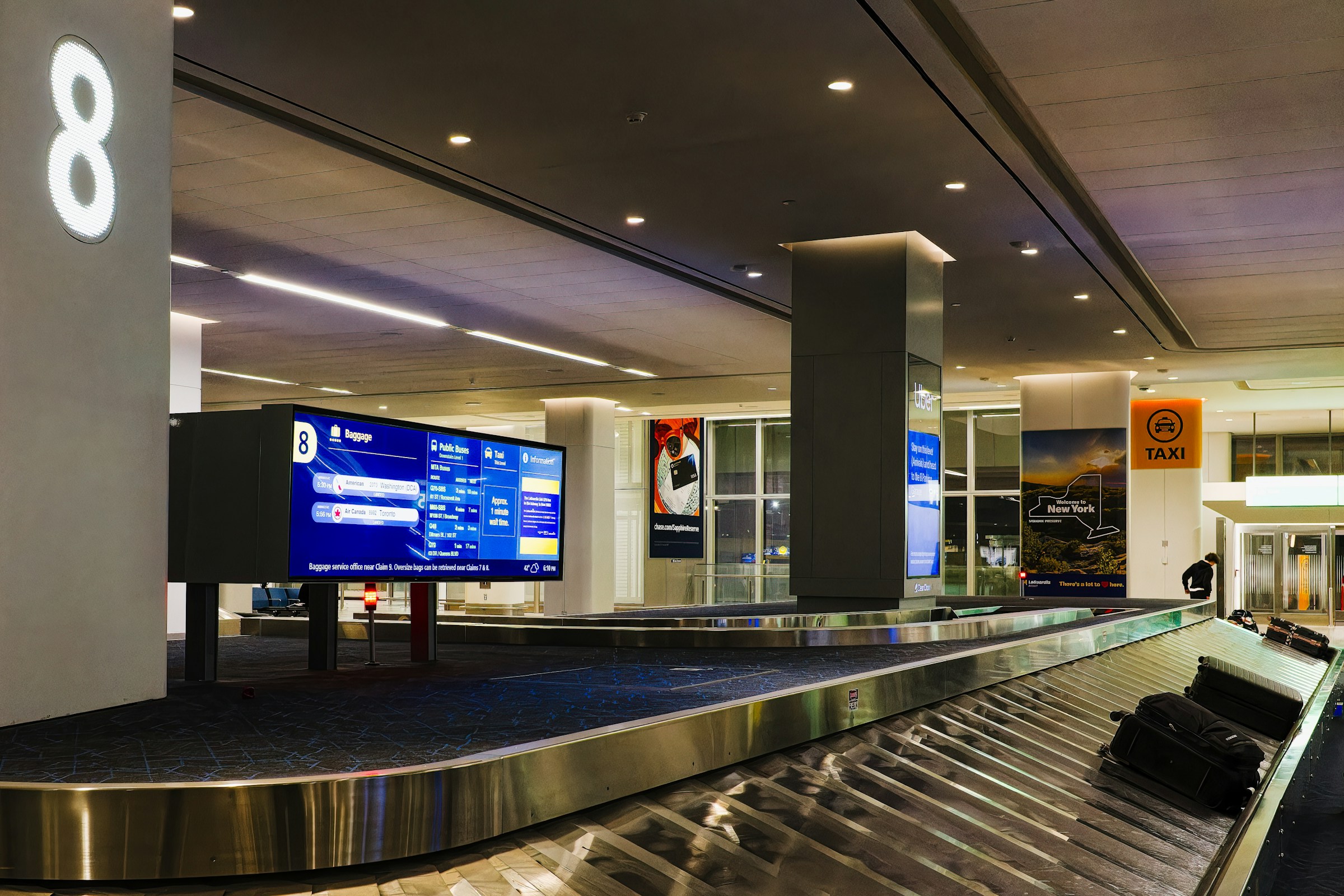Travelling can be exciting, but it often comes with a few rules, and one of the most common is baggage weight limits. If you have ever packed your suitcase and felt that familiar anxiety about whether you are over the limit, you are not alone.
However, airlines have this rule for good reasons. Here is why these rules exist and some tips for packing right so you can avoid those last-minute unpleasant surprises at the airport.

One of the main reasons airlines set baggage weight limits is safety. When designing an aeroplane, engineers carefully calculate how much weight it can handle. This includes everything from the passengers and their luggage to fuel and cargo. Every pound counts.
If a plane is overloaded, it can impact its ability to fly safely. For example, when a plane is too heavy, it puts extra strain on the engines, which means the engines have to work much harder to lift off the ground and maintain altitude. Increased engine workload can lead to higher fuel consumption, which isn’t just costly but can also create safety risks.
Also, if something were to go wrong during the flight, like an engine issue or a sudden change in weather, a heavier plane would have a harder time responding to those challenges. In emergencies, every bit of performance matters, and being within the weight limits can help the aircraft react effectively.
Aeroplanes have limited space in their cargo holds, and this is another key reason for baggage weight limits. Every flight has a specific amount of room available for luggage, and if everyone showed up with huge, heavy bags, there would definitely be a problem.
Baggage weight limits help ensure there is enough room for everyone’s bags without causing overcrowding. This is also important for many reasons. For starters, if bags are too heavy or too large, they can’t be stored properly in the cargo hold. This can lead to items being stacked in a way that might damage them or make them difficult to access.
Secondly, keeping things organised is crucial for proper loading and unloading. If all bags fit neatly within the weight limits, it is much easier for the ground crew to load them onto the plane in an orderly fashion. It also ensures that your bag will be safe on the carousel, waiting for you when you arrive at your destination.
Proper luggage organisation also helps balance the weight distribution on the plane. This balance is important for a smooth flight, as it can affect how the aircraft flies in the air.
The more weight a plane carries, the more fuel it consumes. Airlines are constantly trying to find ways to cut costs and reduce their environmental impact, and limiting baggage weight helps them optimise fuel usage.
They also use baggage weight limits as part of their pricing strategies. Many airlines offer free checked bags up to a certain weight, and if you exceed that limit, they often charge extra fees. This helps them manage their overall costs and encourages passengers to pack wisely. It is a way for them to incentivise travellers to stick to the rules.
If you want the latest information on the best Hotel Executive Club Lounges, Hotel Kids Clubs and other travel information, be sure to sign up for our free newsletter full of tips and great travel ideas.